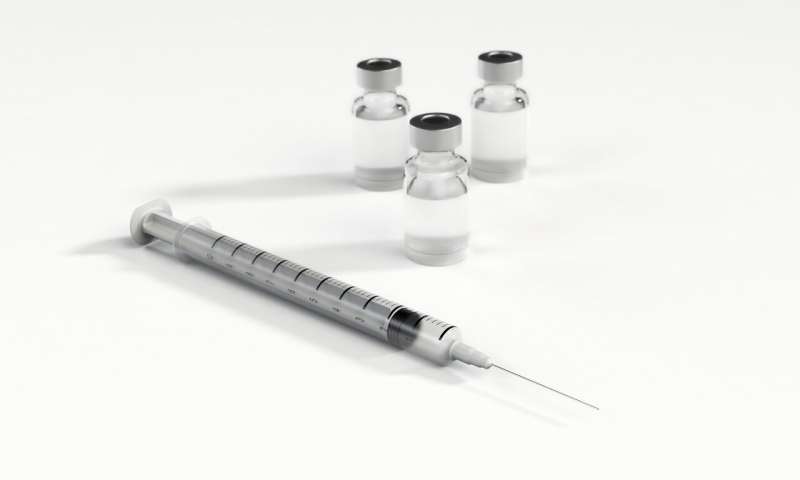
Pfizer's announcement that its experimental COVID-19 vaccine appears to be more than 90% effective has provided hope for relief from the increasingly calamitous onslaught of the virus. We asked Yale SOM's Dr. Howard Forman, an expert in healthcare policy, to explain the steps that leaders must take to ensure that a vaccine is produced and distributed as soon—and as safely—as possible.
What does the Pfizer news mean for our return to "normalcy?"
The vaccine is an essential part of our path to a new normal. But there remain many hurdles. We need to see peer-reviewed analysis of the trial results and use that information, as appropriate, to inform a vaccination program. We need both production as well as distribution to be timely and supported by public and private partners. And we need the "last mile" to be handled by coordination among government, health systems, community leaders, and distribution/sales channels. Most important, we need to make sure this is done equitably. We learned from our experience with COVID-19 testing that all of these things can fail, and we can find ourselves providing the most benefit to the most well off (in terms of both economic and social status) and causing the most harm to those with the least capacity to protect themselves.
What should we be doing now, while vaccine trials are completed and manufacturing is ramped up?
There are three things we can actively do to get to a new normal: 1) actively mitigate and minimize death and harm through social distancing (including wearing masks), testing/contact tracing and isolation, and copious access to PPE; 2) protect the most vulnerable among us; and 3) make sure that we restore faith and confidence in our scientists, institutions, and science itself, so that we can minimize vaccine hesitancy and have a successful vaccination program.
When do you think we will have access to this new vaccine?
Because the federal government has "pre-purchased" manufactured vaccines from several vendors (including Pfizer), it is likely that the most vulnerable (and perhaps healthcare workers as well) may have access by early winter. If everything goes well—assuming that the results continue to be favorable for final approval early in the new year—we could see wider vaccination plans happening by late winter, or, more likely, early spring. As we have seen up to now with this virus, outbreaks are easier to control in the later spring and summer—so we have a key window to get everyone vaccinated before the fall of 2021. That may be somewhat optimistic, but it is also logistically possible. I am encouraged to see so many smart people working on these plans now.
Explore further
Citation: Q&A: A life-changing vaccine, if we do it right (2020, November 12) retrieved 12 November 2020 from https://ift.tt/32zoiIg
This document is subject to copyright. Apart from any fair dealing for the purpose of private study or research, no part may be reproduced without the written permission. The content is provided for information purposes only.
"do it" - Google News
November 12, 2020 at 09:09PM
https://ift.tt/32zoiIg
Q&A: A life-changing vaccine, if we do it right - Medical Xpress
"do it" - Google News
https://ift.tt/2zLpFrJ
https://ift.tt/3feNbO7
Bagikan Berita Ini















0 Response to "Q&A: A life-changing vaccine, if we do it right - Medical Xpress"
Post a Comment